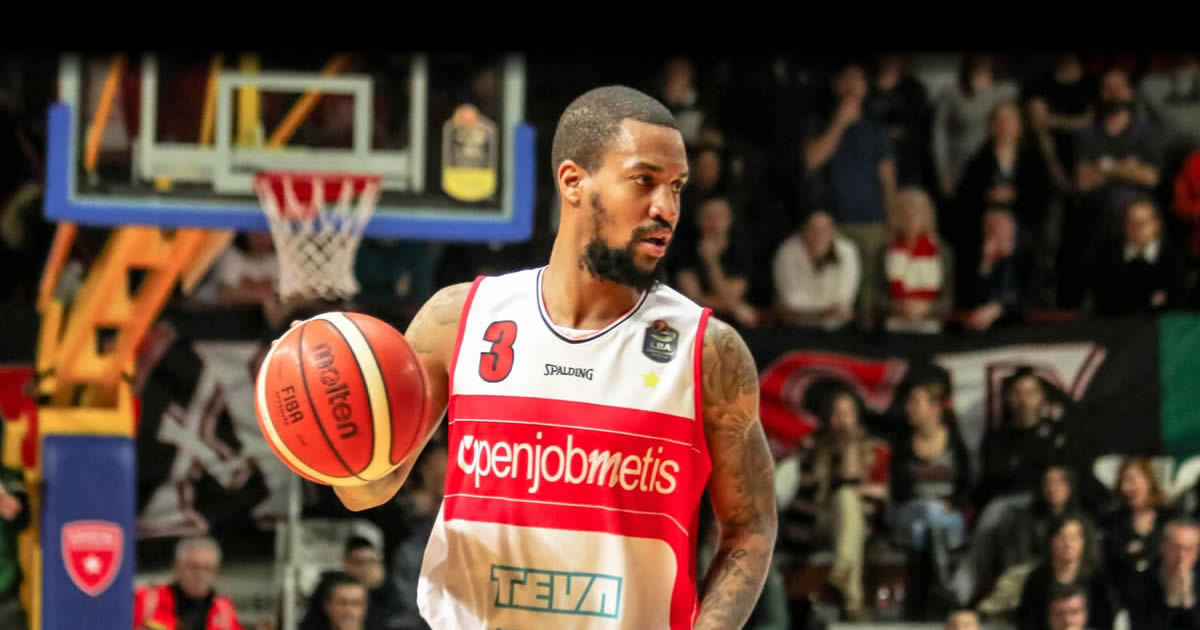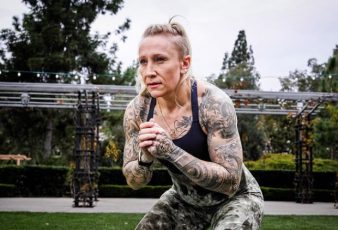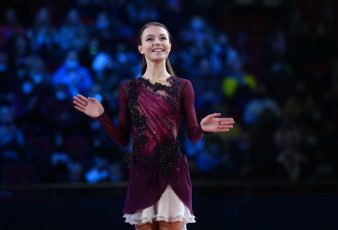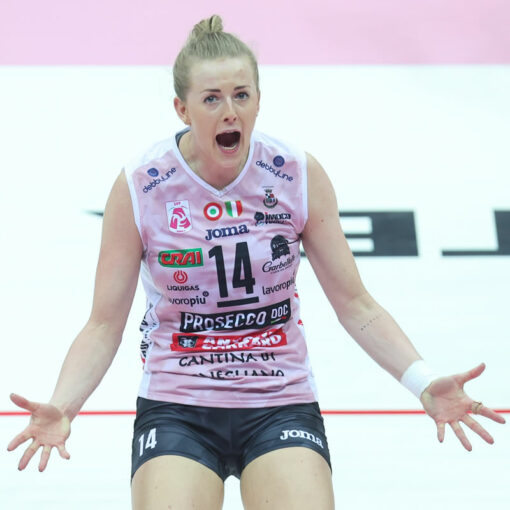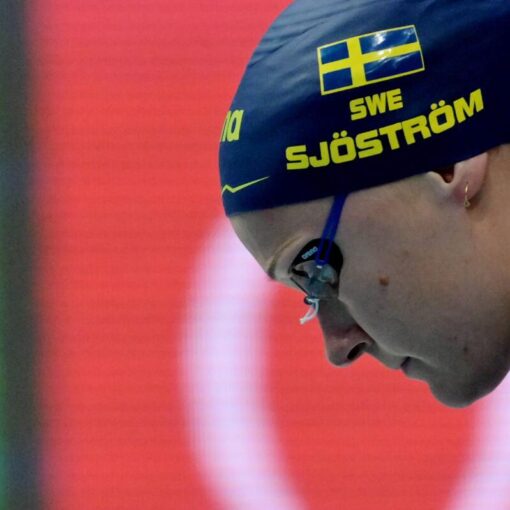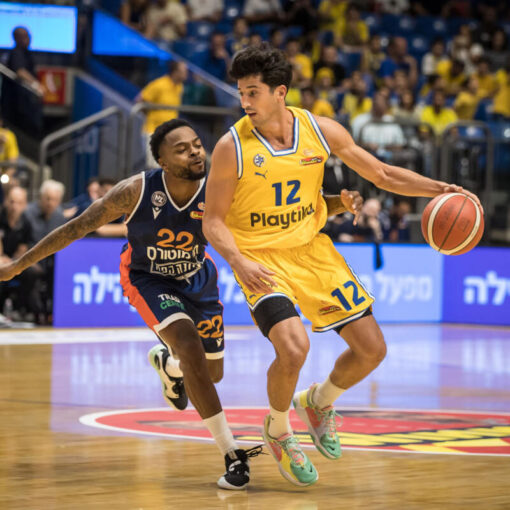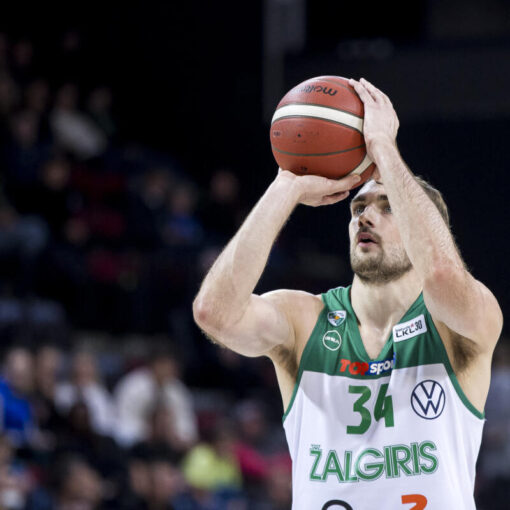I traveled during the night and reached my new teammates directly in Phoenix, more precisely at the US Airways Center.
The Jazz had told me just few hours before about my trade, so I had to pack up and leave in a very short time.
I had only been in Salt Lake City for some months, right after the draft, and I was learning from one of the best playmaker in the league: Deron Williams.
D.Will was really a beast: he had an explosive physique while carrying around twice the muscle mass compared to the other point-guards in circulation: litterally a Martian.
Anyway, more or less midway trough the season, the communication arrives:
-Eric pack your stuff, you are moving to Oklahoma.-
Problems of luxury tax, nothing to do with my performance on the court, but this is the business in the NBA. You have to live with it.
So I arrived in Arizona because that night the Thunder were playing there, against the Suns, and I didn't have time to practice with my new team, not even once.
So I decided to sit on the bench, side by side with Scott Brooks, because I wanted to show him that if it were usefull I would have been ready to go on the court even in that situation. It's important in the NBA to always give guarantees to those around you, in every moment, in every situation.
If you don't you'll have a short life in thhe league
.
- Well coach: I'm fine, and I feel ready! What can I play in the courtd? Wich offensive set can I run? -
- Well Eric, let me think, you can play pick & roll, of course. Then if you find yourself in trouble, do you see that skinny guy with the number 35, over there? -
As he said it he pointed to Kevin Durant, warming up in the middle of the Arena; he was obsessively repeating his explosive first step (he could easily cover 2 meters with a single step) and his jumper, with the softest fingertips I've ever seen.
- Ok if you do not know what to do, give him the ball and move aside, trust me he willl make your life a lot easier! -
For three and a half years I never stopped passing him the ball and he never stopped making difficult things look easy.
Talnking about that the NBA is a wild place.
It'called The League of Ego and trust me: that is not a mistake! Because to survive inside one of those locker rooms without getting crushed you need very wide shoulders.
All players were college superstars, all of them are ferocious professionals, and whatever you do is gonna end under the microscope of the technical staff, of the management, of the teammates, of the media and the fans.
If you do something good, you can be sure that any basketball fan around the globe will know about it and you can feel like you're touching the sky with a finger.
But you must never forget the base rule of the NBA: next man up. It's like a sentence: if you stumble, someone has already taken your place.
Immediately, you don't even notice it.
All the way up or next man up!
There is no middle ground in the NBA, it is a cruel approach perhaps, but this is the mechanism that makes it so competitive and fascinating.
I was coming from a cold and sober city like Salt Lake and the change with Oklahoma City was really impressive from every point of wiew.
We are talking about an organization of the highest level, light years ahead of most other franchises, even for the standards of the League.
Extremely hot fans and an impressive technical project for every player that foresees a long-term growth, to be realized in parallel with the athlete's use during the season.
You have to end the season as a better player than the one who started it, for your own good and for the good of the team.
During the first weeks over there I settled in an hotel, waiting to find a house that suits my needs: close to the facility and comfortable. After a few days someone knocks at my door, it was James, the beard, who told me:
-get a bag, you'll come and stay with me! -
The friendship with him, which was born during the draft days, helped me a lot to find my place inside the locker room very quickly, and that was a perfect way to start the new adventure, specially because if you play as a point-guard you neeed your teammates to trust you.
James lived in a large house with several friends: for him to have the loved ones around is essential to maintain balance.
Even though that was the NBA, I felt like I was still in college.
My role was changed, ok, my responsibilities on the court were changed as well, but the feeling that I felt in the locker room with the guys absolutely no.
We were a very young team with a lot of talent, certainly one of those teams that will go down in history among the most talented ones to not have won a ring.
James, KD and Russ: three MVPs on the same court, at the height of their best years, is something hard to explain.
In such context the role of all the others is to be as functional as possible to them, to allow them to express the talent they have, to fit one another in the best way possible.
Even if you come from a great high school career, and in my case for four wonderful years in VCU, you need the strength to reset everything.
You need to take your game, your qualities and adapt them to the characteristics of those who are more talented than you are.
Compared to college I started playing as a pure playmakern so my concern was to figure out where KD wanted the ball, wich spin he prefer, at what height compared to where he placed his hands.
That's playmaking!
When an offensive talent like him comes off the screen for a shot the time when the ball arrives makes the difference.
Because you can trow your pass in the exact moment he is shoulder to shoulder with the screener, and that's a perfect timing. But you can also trow the pass a few tenths of second before, when he is still hidden behind the screen.
Because he is explosive, fast and tall enough to be where the ball is gonna arrive and not vice versa, that will shorten the time of execution and he will destroy even the most effective defender.
Small adjustments.
The king of these small, vital things was, and still is, Nick Collison.
He's a professor, you could not take him away from the locker room, he's the glue that held the phenomena together. And I'm not just referring to the human level, but also from a technical prospective.
Who took the charge late in the game? Nick Collison
Who made the perfect screen for KD's last shot? Nick Collison
Who is on the ground for the 50/50 ball that changes the game? Well you know the answer.
The great strength of that group was in these details, both technical and human, but the people watching from outside tend to forget about it.
It's easy to say: "ok with those three huge talents basketball is easy!"
But it is not enough, because at the end, under the shell, before being an athlete you are a person. And if the person is not healty is impossible for the player to be effective in the game.
The people remember that the pro is also a human being and not a machine when he reads about DeRozan's depression, or Kevin Love's panic attacks, but these are dynamics that can always exist, for every player, no matter how much money he makes and how good he is in the court.
My 5 years in the NBA have made me grow both, as a man and as an athlete, and having lived in that locker room at OKC was certainly crucial.
Too often we forget that it was one of the youngest teams in the whole league and in those situations it's like flipping a coin in the air.
Heads or tails?
Young minds can create a brotherhood among themselves or a conflict with the same ease.
Not so much diplomacy among young people! That is a skill that develops with age.
That locker room revolved around the presence of three very different leaders, two angelenos, but with almost opposite characters, and a guy from Washington who never spoke. Litterally never.
While Russ and James never missed the opportunity to say something, to let the others know what they thought of every play.
Sometimes it was difficult to get the three guys' characters together, with KD it was easy, ok, but what about the other two?
But talking to each other is the only way to make those adjustments of which I spoke before effectivly:and in that team the communication worked.
It worked very well, to the point that we were always all together.
At someone's house playing videogames or watching other games: we were always together.
When I broke my ACL, James had already gone, and that choice brought great results for him: with the Rockets he managed to express his maximum potential.
But to me it was the loss of an important reference point.
I had entered my contract year and I felt the sky collapse on my shoulders because of that injury.
The first time you seriously get hurt you don't know how much effort you will need, you don't know the road you are about to travel.
Plus, as soon as you get to the end of it and back to be available for the team you must get on the court and guard a phenomenon. Every night.
You are asked to be at your best, at least the same level you were before the injury, every night.
My luck was that I experienced this trauma while playing for the Thunder, a place where the person always comes before the player.
Many people say it, few of them do it, nobody thinks it for real.
In OKC they say it, they do it and they thought it.
After helping me get back on my feet, they also fulfilled my desire to change team. I would have stayed there all my career, but at that time I was not playing and I needed to go on the court more often, to show everyone that the injury it was behind my back, tha I was ready.
Sam Presty also helped me with that.
I ended up in Portland and I played very well, to the point of earning a biennial in Washington.
I can't complain because in 5 years of NBA I backed up to Deron Williams, Russell, Dame Lillard and John Wall.
4 phenomena, everyone with a very different style and personal qualities.
It was like living in a clinic.
Then I came to Europe, where the people live basketball with a truly exceptional transport, and since the first day I have always lived it as a great journey, an extraordinary adventure and never like a rejection from the NBA.
I simply pulled a line and began to square my personal accounts.
Because when you've got the most out of your qualities, with work and fatigue, when you've broken up and then returned to your feet, the moment comes when you remember why you started playing: fun.
When I was a child, a boy, I realized that I wanted to be a player when I saw my friends at a crossroads go left and I instinctively went right.
I didn't want to mess around with them in the afternoon, I wanted to go to the gym, to work on my body and my fundamentals, because that amused me.
When I was out of the rotations in Washington, I stopped having fun playing basketball, and it was European basketball that gave me back my mojo.
And I'm grateful for that.
Even when I broke the ACL for the second time, in Russia, stronger than hanger, stronger than fear, there was the desire to return to the field to play.
P-L-A-Y.
Make decisive plays, score or miss an important shot, breathe alive on the parquet: without all this I felt in a dark place and come out of it, thanks to the opportunity they gave me in Varese, made me return to the heart of the fun.
When I look back and I wonder if there is something that, starting up, I would do otherwise is not easy to answer.
It's not easy because I feel I've always worked hard, I've always been available to everyone, and never stopped improving.
But if I dig deep in my memory, I remember that every time I arrived at the court, Russ and KD were already there, and when I finished my practice they were still sweating.
When I dig, I remember the stories of those who played alongside the greatest of the league, like Kobe, and their inability to rest.
Aliens.
It is true that what they say: there is always who is working more than you, even if you honestly feel that you have reached the limit, even if you feel that the next repetition could brake your muscle.
I don’t know if I would change something coming back, but I know that I did my best, that I always adapted to the situation and that I played with some of the strongest players in the world.
I know I suffered and enjoyed.
I know I've played a lot and the opposite of that, I know that I still enjoy myself and I have a lot to learn and teach.
I know that in sport, not only in the NBA, there is the rule of the next man up, but when I hear someone behind me take the run-up to try to overtake me I can always move at the last moment and trip him.
- Not this time boy -

